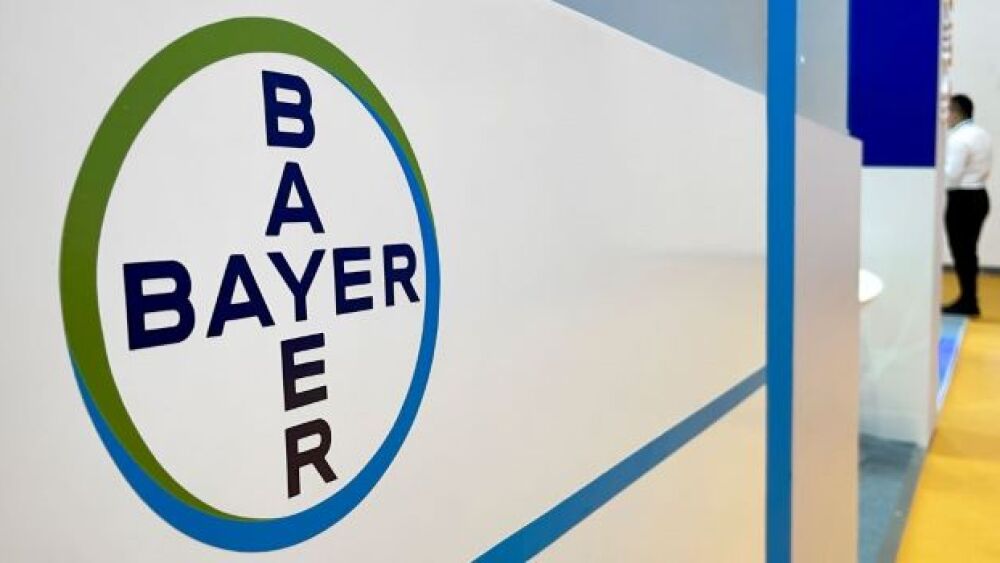Bayer will nab exclusive rights to a differentiated alpha radionuclide, actinium-225 investigational compound, and a small molecule targeting prostate-specific membrane antigen.
VCG/VCG via Getty Images
On Thursday, Bayer announced an agreement to acquire Noria Therapeutics Inc. and PSMA Therapeutics Inc. in an effort to expand the global biopharmaceutical company’s portfolio of targeted alpha radionuclide therapies for prostate cancer. The company has not yet disclosed any financial terms of the new acquisition agreement.
The acquisition sees Bayer nabbing exclusive rights to a differentiated alpha radionuclide, actinium-225 investigational compound, as well as a small molecule targeting prostate-specific membrane antigen (PSMA). The addition of the actinium-225-labeled small molecule will likely improve Bayer’s standing in the prostate cancer space amid declining sales for its metastatic castration-resistant prostate cancer radium Ra 223 dichloride therapy Xofigo.
Bayer’s Xofigo was once dubbed the company’s “Big Five” important new drugs, but sales in recent years have reportedly dwindled. In the first quarter of this year, Xofigo brought Bayer $65 million, which was down by an adjusted 10%. Bayer attributed this decline to restrictions related to the ongoing coronavirus disease 2019 pandemic.
“Bayer is focused on addressing the various medical needs of cancer patients, providing treatments that have the potential to improve patient outcomes throughout the different stages of the disease,” according to a statement made by Robert LaCaze, Member of Bayer’s Executive Committee of the Pharmaceuticals Division and Head of the Oncology Strategic Business Unit. “This acquisition is another important milestone in enhancing Bayer’s oncology portfolio through both in-house expertise and strategic collaborations and agreements.”
Currently, Noria and PSMA Therapeutics have exclusive global rights to Weill Cornell Medicine- and Johns Hopkins University-licensed technology. “Bayer’s acquisition of Noria and PSMA Therapeutics which have nurtured Dr. Babich’s radiopharmaceutical and diagnostic technology, is an important milestone in drug development, and we look forward to the advances this collaboration can make to enhance prostate cancer therapies,” Dr. Lisa Placanica, Weill Cornell Medicine’s Senior Managing Director Center for Technology Licensing, said of the new acquisition agreement.
Late last year, Bayer also completed an up to $4 billion acquisition of gene therapy startup company Asklepios BioPharmaceutical. This was one of the largest acquisition deals to close 2020, which included an upfront payment of $2 billion and a deal comprising $2 billion success-based payments to Asklepios.
In contrast to the latest acquisition of Noria and PSMA, the Bayer and Asklepios deal expands the former company’s place in the gene therapy game. The agreement saw Bayer absorbing Asklepios’ AAV-based gene therapy pipeline of therapies for Pompe disease, among other conditions. Up to the time the agreement was signed, the company’s AAV manufacturing process had become somewhat of a standard across the gene therapy industry.





